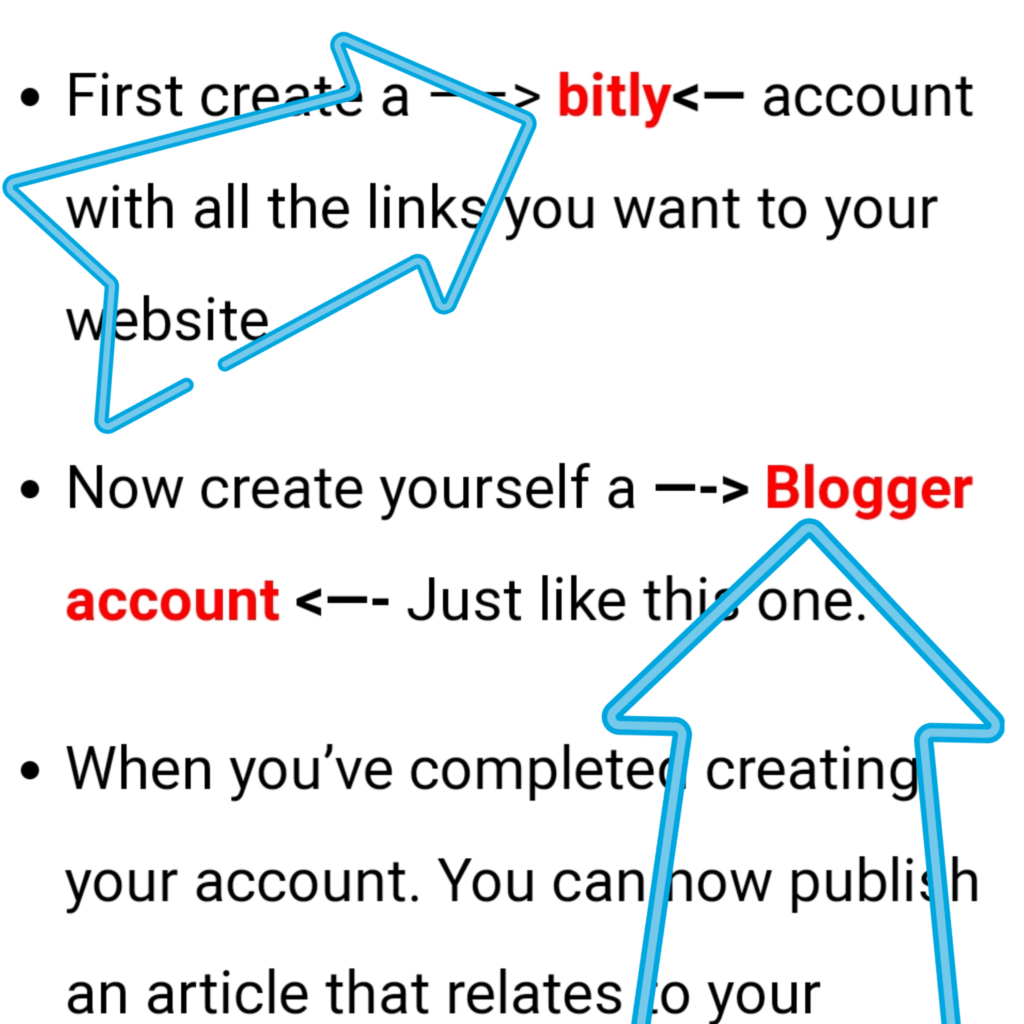The Beginner’s Guide to Search Engine Optimization (SEO)
This article is a beginner’s guide to Search Engine Optimization (SEO). For anyone who owns, manages, monetizes, or promotes online content via Google Search. The guide provides a complete overview of the basics of SEO according to best practices. It does not provide any secrets that will automatically rank your site first in Google. But by following best practices, it’ll hopefully make things easier for search engines to crawl, index, and understand your content.
Small website modifications:
SEO is often about making small modifications to parts of your website. These changes may seem like incremental improvements when viewed individually but when combined with other optimizations, they could have a noticeable impact on your site’s user experience and performance in organic search results.
User experience:
You should build a website to benefit your users, and any optimization should be geared towards making the user experience better. One of those users is a search engine, which helps other users discover your content. SEO is about helping search engines understand and present content. The optimization topics in this guide apply to sites of all sizes and types.
Glossary:
The guide contains a short glossary of important terms used in the guide, including Index, Crawl, Crawler, Googlebot, and SEO.
Site indexing:
To determine whether your site is in Google’s index, you can do a site search for your site’s home URL. If you see results, you’re in the index. If not, it could be because the site isn’t well connected from other sites on the web, Google hasn’t had time to crawl it yet, the design of the site makes it difficult for Google to crawl its content effectively, Google received an error when trying to crawl your site, or your policy blocks Google from crawling the sit
Getting on Google:
Google is a fully automated search engine that uses web crawlers to explore the web constantly. Google is always looking for sites to add to their index. Most sites listed in Google’s results are not manually submitted for inclusion, but found and added automatically when Google crawls the web. Following the Search Essentials can help make your site appear in search results. Google Search Console provides tools to help you submit your content to Google and monitor how you’re doing in Google Search.
Website essentials:
The Search Essentials outline the most important elements of building a Google-friendly website. The essential questions to ask yourself about your website when you get started include:
- Whether your website shows up on Google
- Whether you serve high-quality content to users
- Whether your local business shows up on Google
- Whether your content is fast and easy to access on all devices
- Whether your website is secure.
Hiring an SEO expert:
An SEO expert is someone trained to improve your visibility on search engines. Following this guide, you will learn enough to be on your way to an optimized site. In addition to that, you may want to consider hiring an SEO professional that can help you audit your pages. Deciding to hire an SEO is a big decision that can potentially improve your site and save time. Many SEO’s and other agencies and consultants provide useful services for website owners. Including a review of your site content or structure & technical advice on website development; such as hosting, redirects, error pages, & more.

